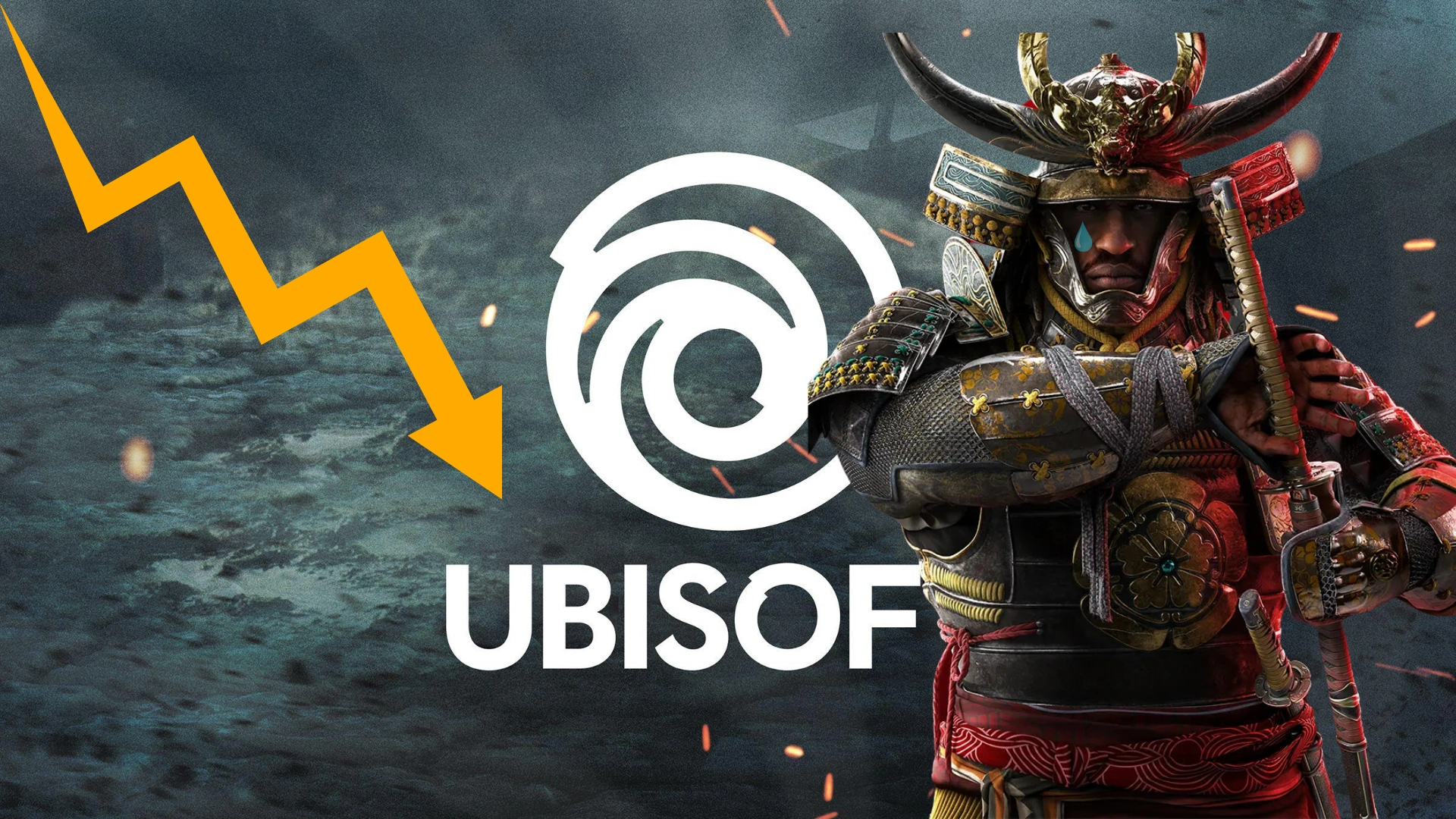
Ubisoft: The Rise and Fall Story of a Gaming Giant
The article covers Ubisoft's journey from great success to the challenges it faced due to repetitive game formulas and internal issues. It also discusses its efforts to return to the top of the industry through innovation and focusing on new game models.
Ubisoft’s Story: From the Pinnacle of Glory to the Abyss
Ubisoft is one of the largest video game development and publishing companies in the world, known for delivering iconic games that have left a significant mark on the industry, such as Assassin’s Creed, Far Cry, Rainbow Six, and many more. However, the company, once a symbol of innovation and success, has gone through major changes in its journey, transitioning from the pinnacle of glory to the abyss at times. Here’s an overview of its story:
The Beginning: The Pinnacle of Glory
Ubisoft was founded in 1986 by the Guillemot brothers in France. From the outset, they had a vision of delivering outstanding and innovative games. Over time, Ubisoft became one of the leading companies in the gaming industry and achieved massive success in the market.
- Unconventional Games: Ubisoft was always known for offering new and innovative experiences. Rayman, for example, was one of the first games to gain fame with its unique graphics and innovative gameplay in the 1990s.
- Assassin’s Creed Franchise: Ubisoft released this iconic series in 2007, which became one of the biggest games that solidified its position in the gaming world. The franchise became a commercial hit and is considered one of the greatest and most famous video game series in history.
- Expanding Worldwide: Ubisoft expanded to become an international company with branches in multiple countries, opening studios around the world.
The Decline: Challenges and Crises
Despite the tremendous success Ubisoft enjoyed, several issues began to emerge in the last decade, leading to its gradual decline.
- Excessive Focus on Repeating the Same Game Formulas:Many players have felt that Ubisoft has relied too heavily on the same formulas for its famous game series like Assassin’s Creed, Far Cry, and Ghost Recon. Criticism was directed at the repetitive use of the same core elements in each new installment, making the games feel routine. Instead of introducing new and innovative ideas, the games seemed like "recycled versions," leading to player fatigue.
- Ghost Recon Breakpoint and Watch Dogs Legion Crises: In 2019, Ubisoft released Ghost Recon Breakpoint and Watch Dogs Legion, which became some of the most critically panned releases in the company’s history. Many players and reviewers criticized the content, graphics, and gameplay. These games failed to meet fan expectations, impacting Ubisoft’s reputation.
- Internal Issues and Management Crises: As the company grew, internal problems and chaotic management began to surface. There were widespread criticisms of project management, from delays in releases to poor coordination between studios. Reports of a toxic work environment and allegations against prominent figures within the company also tarnished its image.
- Political Issues and Repetitive Content: Ubisoft also faced challenges due to introducing political elements in its games, either directly or indirectly. Additionally, the repetition of game formulas across multiple titles began to negatively affect the company’s relationship with players.
- Declining Quality in Some Releases:One of the most significant criticisms Ubisoft has faced relates to the quality of some of its released games. For example, Ghost Recon Breakpoint and Watch Dogs Legion were criticized for having many technical issues, such as graphical problems, slow performance, and bugs that negatively affected the gameplay experience. Some games also suffered from bugs or glitches, which degraded the overall gaming experience.
- Shift to "Games as a Service" Model:Many players criticized Ubisoft for shifting to the games as a service model, where games are released with incomplete or minimal content, with the promise of updates and additional content later. This model was rejected by some players, who felt that the games were released unfinished and that they were being exploited through additional purchases to access more content.
- Annoying Business Practices (Microtransactions):Ubisoft has faced harsh criticism for using microtransactions in some of its games. In titles like Assassin’s Creed: Odyssey and Rainbow Six Siege, players felt pressured to buy additional content such as weapons, characters, or cosmetic items to enhance their experience. This angered many players who felt that the game was trying to milk more money from them after they had already purchased the game.
A Comeback?
Despite the challenges it faced, Ubisoft hasn’t stood idle. The company has attempted to reorganize itself and improve its position:
- Focusing on Innovative Games: In recent years, Ubisoft has shifted towards focusing more on unique and individualistic games such as Immortals Fenyx Rising, which offered a fresh experience, different from the traditional games it had been producing.
- Shifting to Online Services: Ubisoft is increasingly turning toward offering content through online services and subscriptions like Ubisoft Plus. This shift toward a games-as-a-service model could help the company remain competitive in the industry.
- Improving Work Environment: Ubisoft has worked on improving its work environment following the crises it faced in recent years, implementing new measures to support its employees and provide a healthy and safe working environment.
Conclusion
Ubisoft was once a leading company in the gaming industry, thanks to its innovations and major releases. However, over time, it faced significant challenges related to repetitive game mechanics and internal issues that affected its reputation. Still, the company has a chance to reclaim its former glory if it can address these problems and adapt to the changing demands of the gaming industry.
Leave a comment
Your email address will not be published. Required fields are marked *


